New measures to boost key competences and digital skills, as well as the European dimension of education
Brussels, 17 January 2018
To follow up on the Gothenburg Summit, the European Commission has today adopted new initiatives to improve key competences and digital skills of European citizens, to promote common values and pupils' awareness of the functioning of the European Union.
The new proposals come only two months after European Heads of State and Government discussed education, training and culture at the Gothenburg Summit in November 2017. They are intended to reduce socio-economic inequalities, whilst sustaining competitiveness in order to build a more united, stronger and more democratic Europe.
1. A Council Recommendation on Key Competences for Lifelong Learning: Building on the Recommendation on Key Competences adopted in 2006, this proposal brings forward important updates reflecting the rapid evolution of teaching and learning since then. It aims to improve the development of key competences of people of all ages throughout their lives and to provide guidance to Member States on how to achieve this objective. A particular focus is placed on promoting entrepreneurial drive and innovation-oriented mindsets in order to unlock personal potential, creativity and self-initiative. Moreover, the Commission is recommending steps to foster competences in science, technology, engineering and mathematics (STEM) and motivate more young people to embark on a career in these fields. The proposals made today should also be seen as part of the answer to urgently improve European education systems to face the many challenges highlighted in the latest PISA survey. More generally, the measures will support Member States in better preparing learners for changing labour markets and for active citizenship in more diverse, mobile, digital and global societies.
2. A Digital Education Action Plan that outlines how the EU can help people, educational institutions and education systems better adapt to life and work in an age of rapid digital change by:
making better use of digital technology for teaching and learning;
developing the digital competences and skills needed for living and working in an age of digital transformation; and
improving education through better data analysis and foresight.
Initiatives include supporting schools with high-speed broadband connections, scaling up a new self-assessment tool for schools on the use of technology for teaching and learning (SELFIE) and a public awareness campaign on online safety, media literacy and cyber hygiene.
3. A Council Recommendation on common values, inclusive education and the European dimension of teaching: This initiative proposes ways in which education can help young people understand the importance of and adhere to common values set out in Article 2 of the Treaty of the European Union. It aims at strengthening social cohesion and contributing to fight the rise of populism, xenophobia, divisive nationalism and the spreading of fake news. The proposal also strengthens inclusive education to promote quality education for all pupils as well as the European dimension of teaching, so children also learn about Europe's common heritage and diversity and get a good understanding of the functioning of the EU. To support these aims, the Commission will take steps to increase virtual exchanges among schools, notably through the successful e-Twinning network, and boost school mobility through the Erasmus+ programme.
Learn more / En savoir plus / Mehr erfahren:
https://www.scoop.it/t/21st-century-learning-and-teaching/?&tag=EU
Via
Gust MEES



 Your new post is loading...
Your new post is loading...



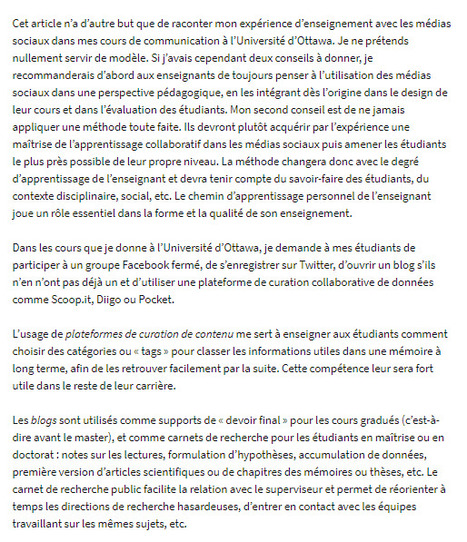

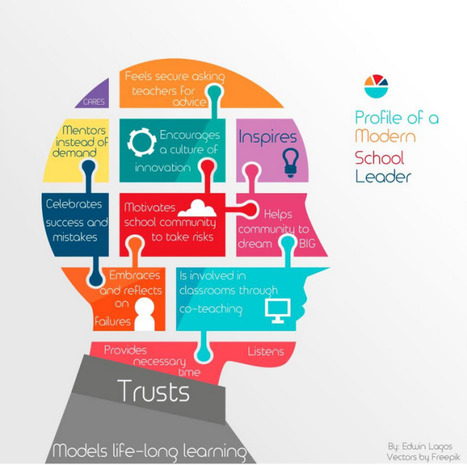
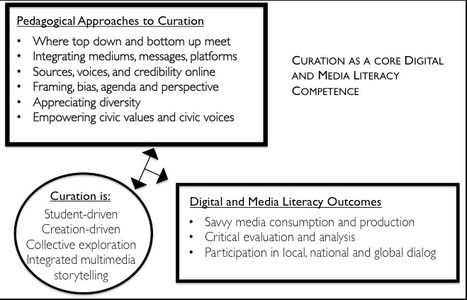


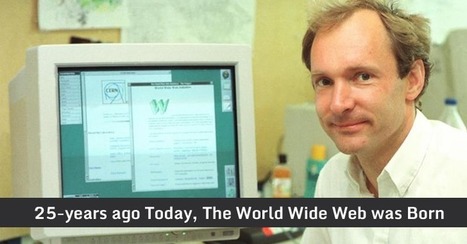


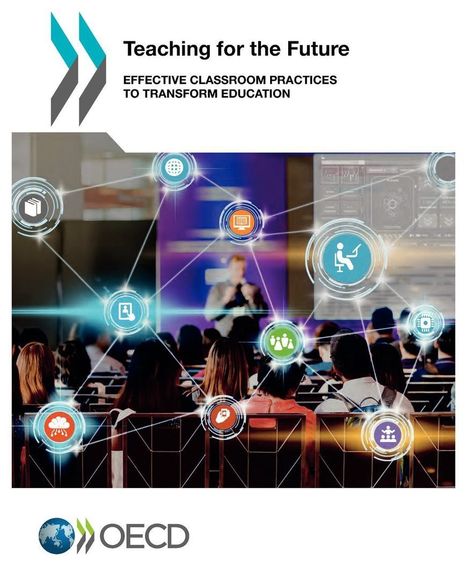

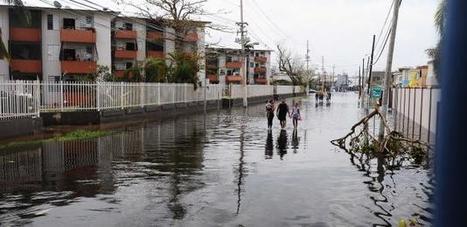

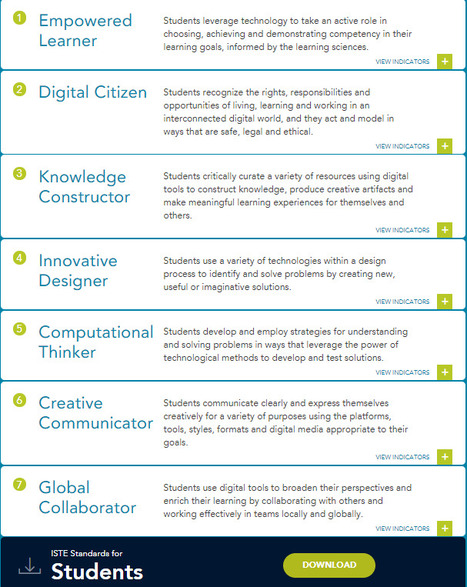
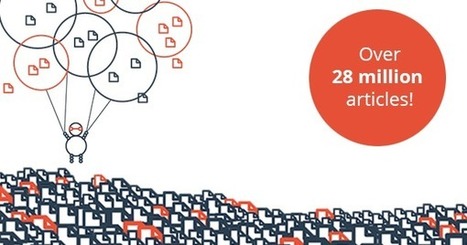







As robots take over more and more “dirty, dull, and dangerous” jobs from humans and automation assumes the knowledge work once done by people, the vocations that require complex, creative thinking will remain the domain of the living.
This point was driven home in a recent World Economic Forum (WEF) report, which forecasts expected advances in automation, artificial intelligence, and other areas that constitute Industry 4.0. The changes, already unfolding, could — and likely will — be profound, and include shifts in even the most essential job skills.
The report compares the top skills needed in 2015 and those predicted to be critical in 2020 (which is just a few heartbeats away). Quality control and active listening drop from this list — perhaps new technology will take care of these. Emotional intelligence and cognitive flexibility take their place. What I found most interesting is that creativity rockets from the number 10 spot all the way up to number three.
Learn more / En savoir plus / Mehr erfahren:
https://www.scoop.it/t/21st-century-learning-and-teaching/?&tag=Creativity